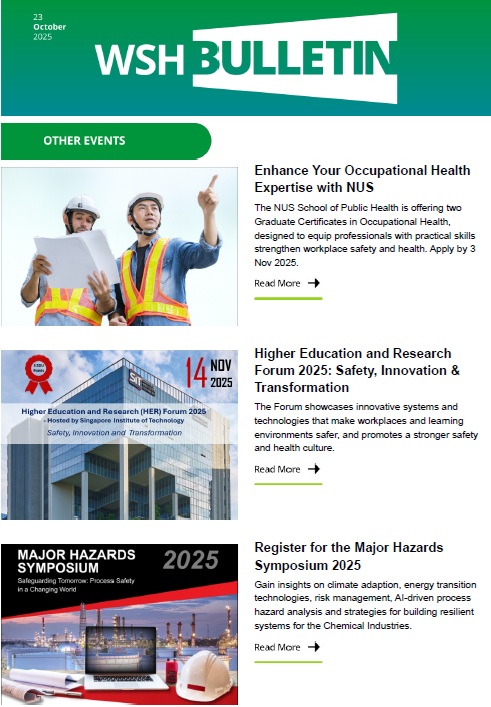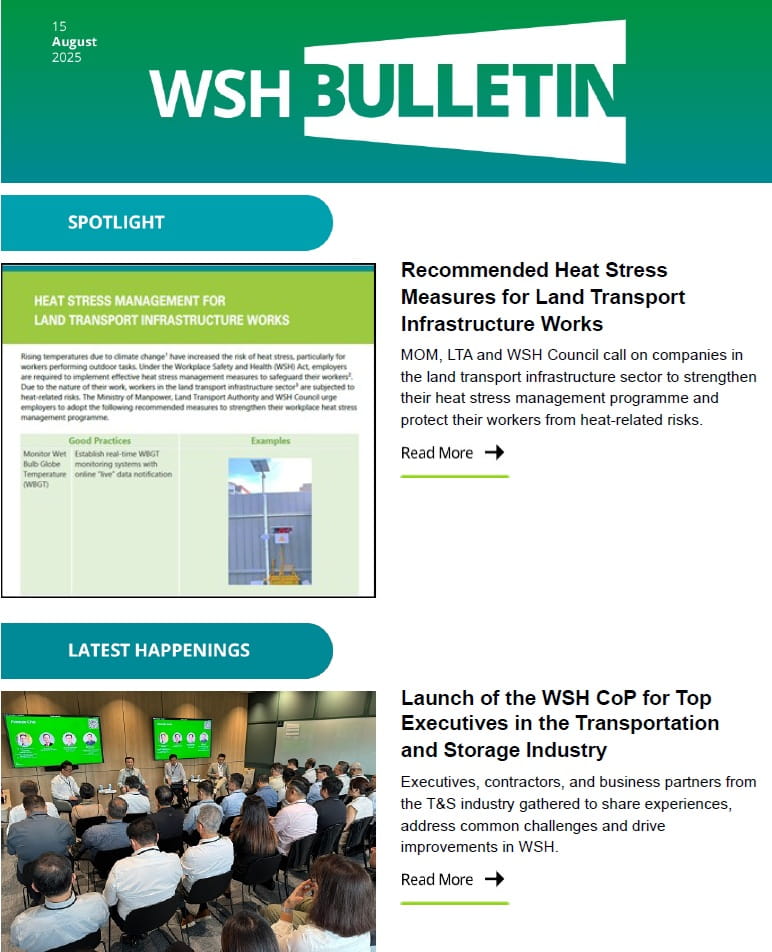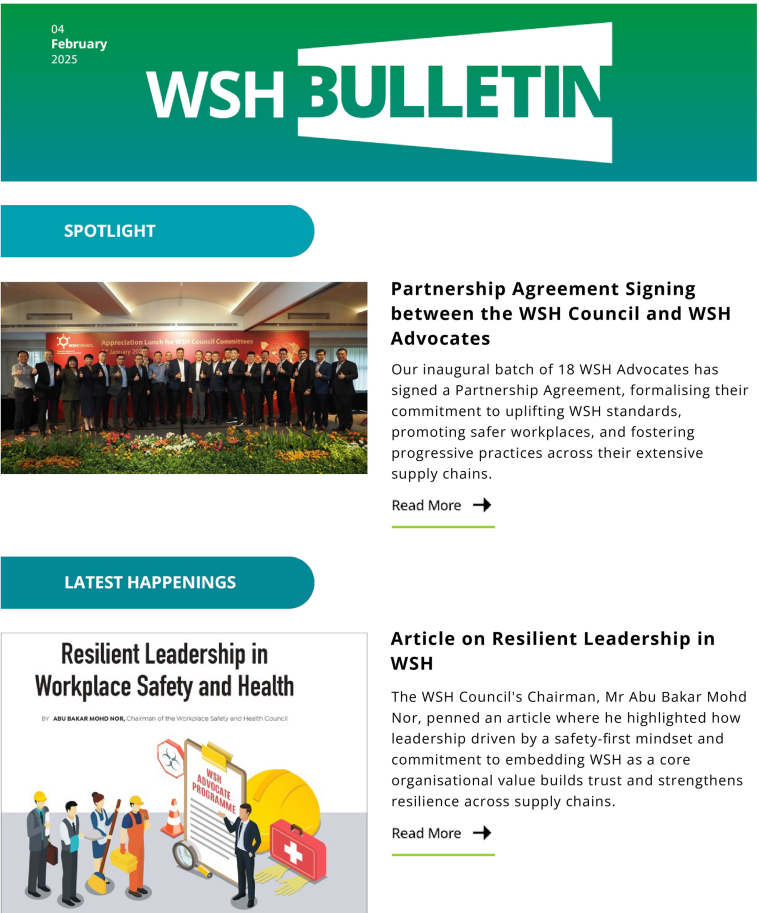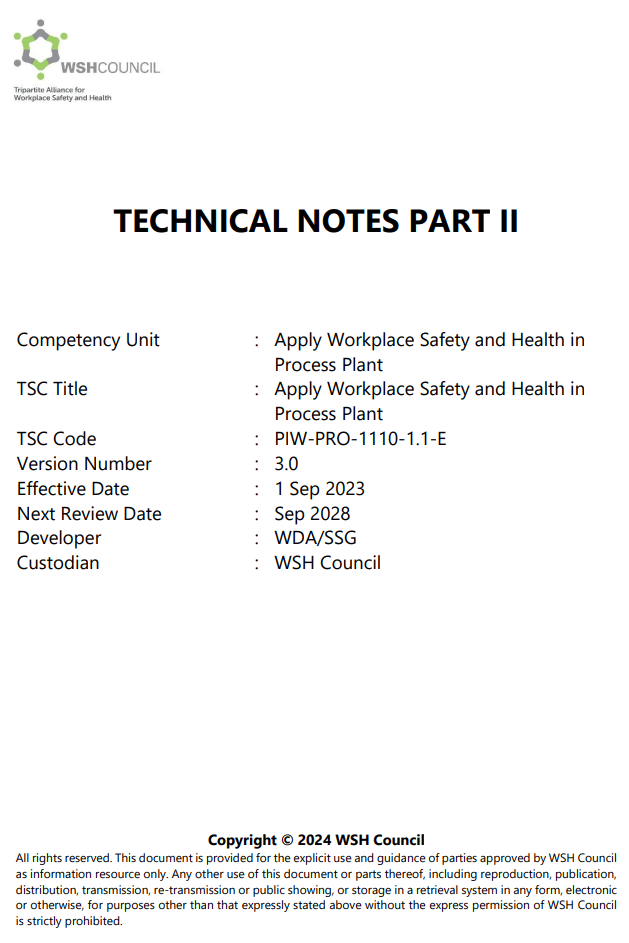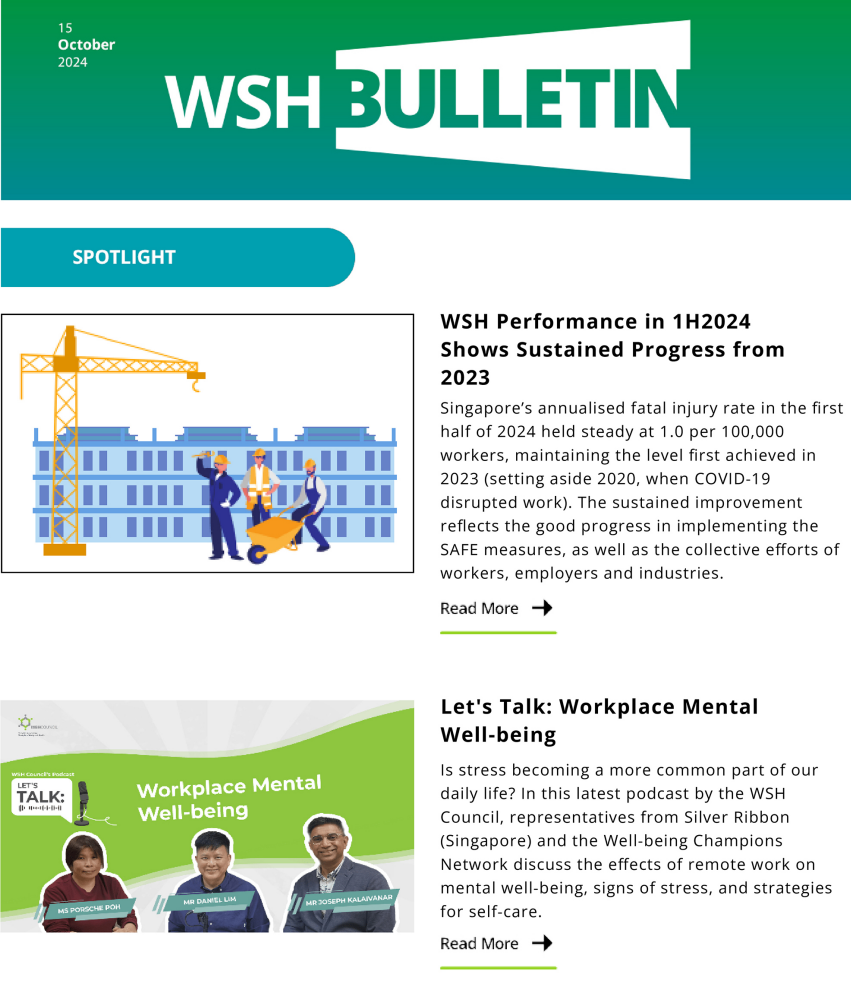About Process Safety
Learn about the process industry and the importance of process safety management.
Definition: Process Industry
In general, the process industry treats and converts raw materials into finished products. It involves a series of manufacturing stages through batch or continuous operation.
The process industry includes:
- Chemical, petroleum, petrochemical and wafer fabrication industries;
- Paper, polymer, synthetic fibre, food and pharmaceutical industries; and
- Industrial activities involving water purification and waste treatment.
Process Safety Management
Process safety focuses on preventing:
- Leaks
- Spills
- Fires
- Explosions
It ensures that facilities are well designed, safely operated and properly maintained. In particular, it ensures that there are systems in place to monitor and control hazards.
Technical, management and operational systems must work together to achieve the desired outcome. When the desired outcome is not achieved, a process safety incident occurs.

Figure: Process safety pyramid (adapted from CCPS1)
Process safety hazards can lead to major accidents such as the release of dangerous materials, fires and explosions. The results are often catastrophic, from serious injuries, fatalities to property and environmental damage.
Process safety management is therefore important to manufacturing and chemical facilities to prevent incidents.
Laws and Industry Standards
As an employer, you are expected to comply with Singapore's WSH laws, and pay particular attention to:
- WSH (Major Hazard Installation) Regulations
- WSH (Risk Management) Regulations
- WSH (Registration of Factories) Regulations
In addition, you should observe relevant industry standards, such as:
- SS 651: Safety and health management system for the chemical industry – Requirements with guidance for use
- Code of Practice on WSH Risk Management
Please refer to the WSH (Approved Codes of Practice) Notification for the full list of approved Codes of Practice.
1Center for Chemical Process Safety (CCPS), Process Safety Leading and Lagging Metrics – You Don’t Improve What You Don’t Measure, revised 2011.

